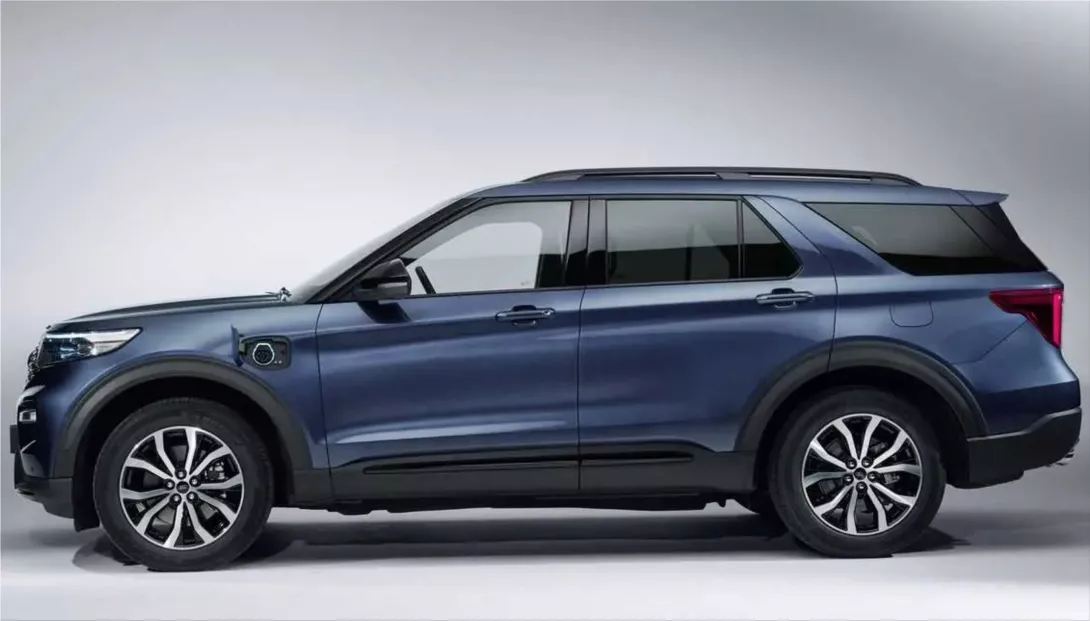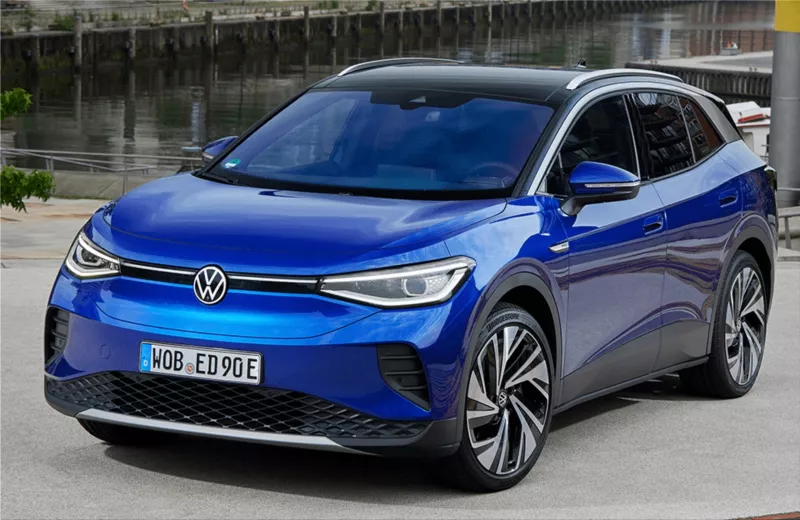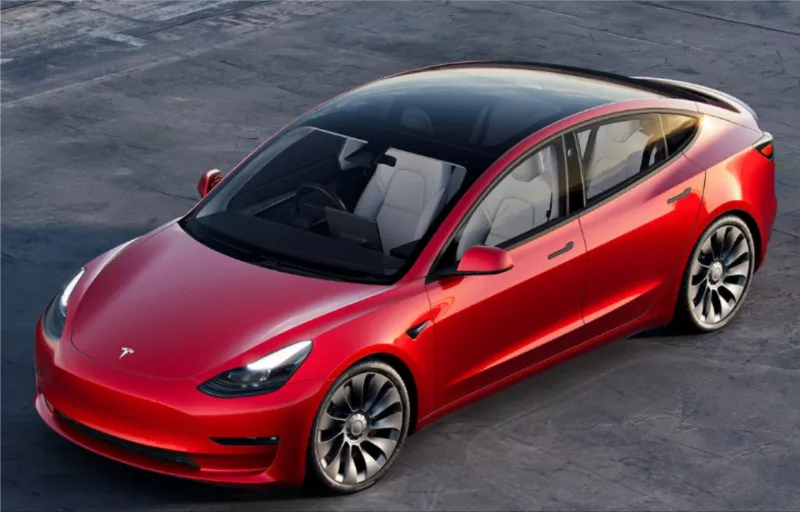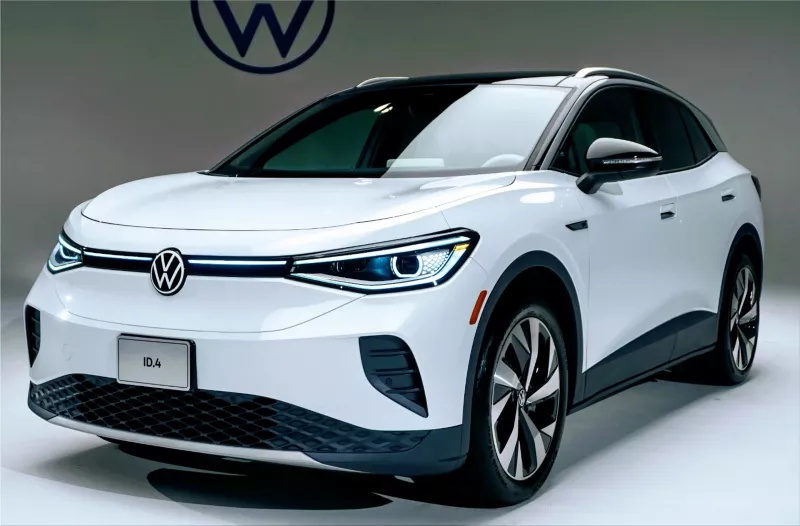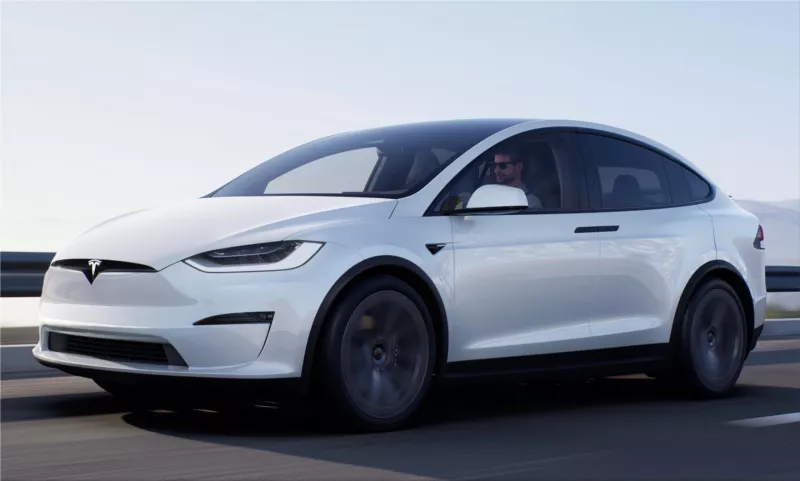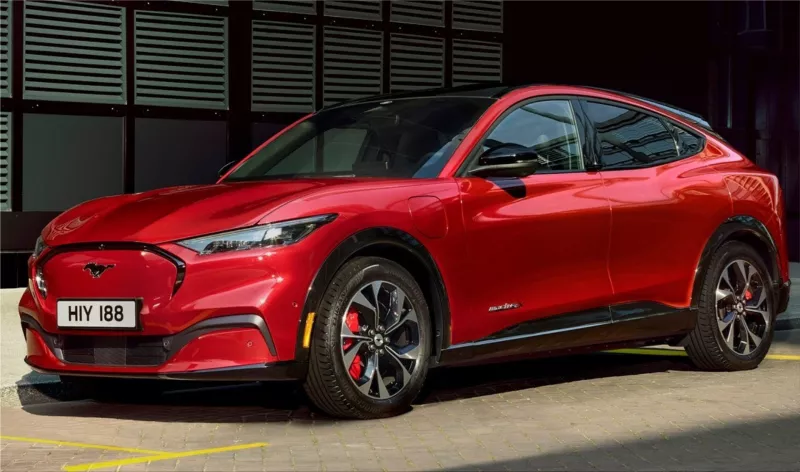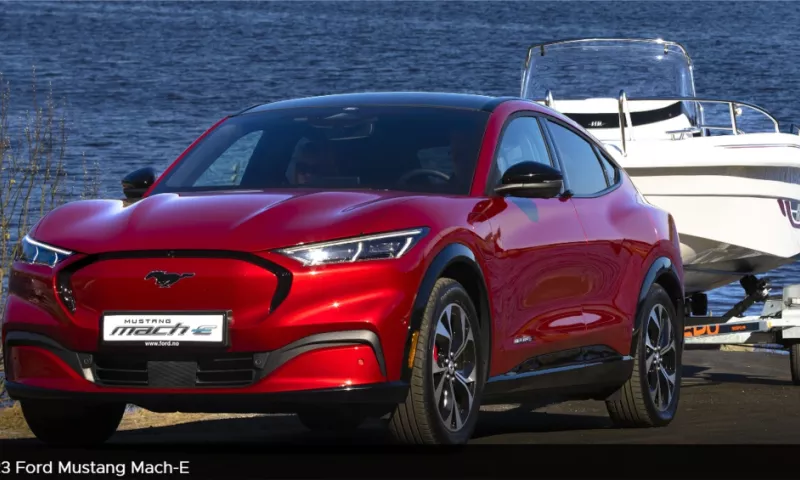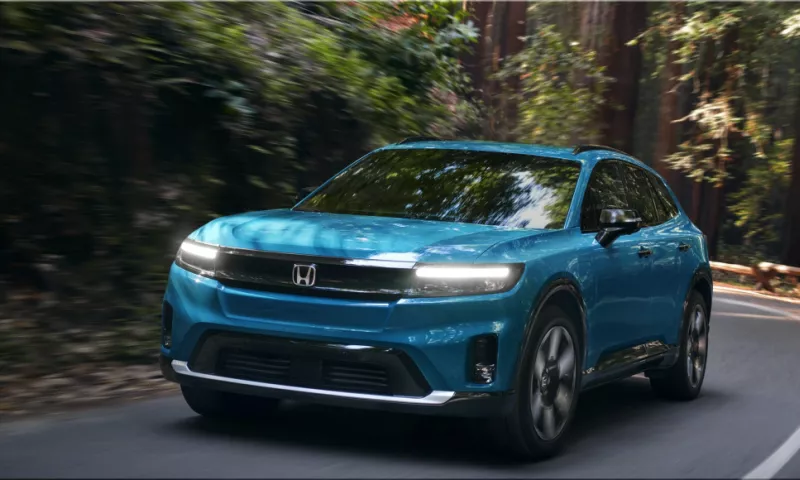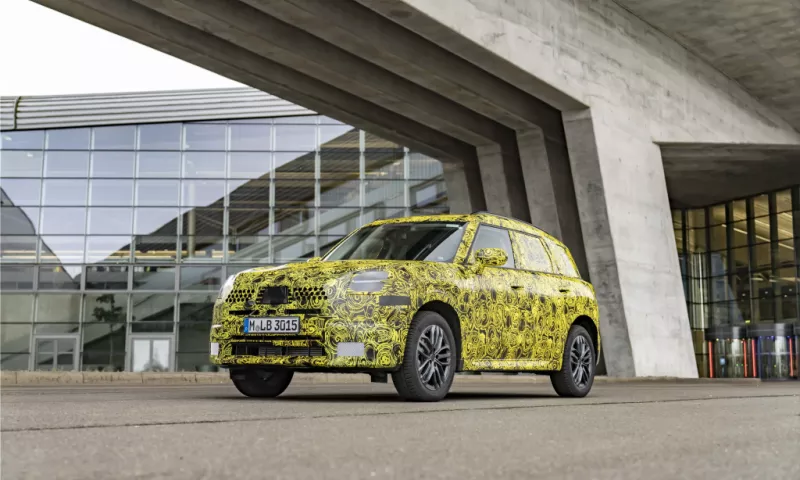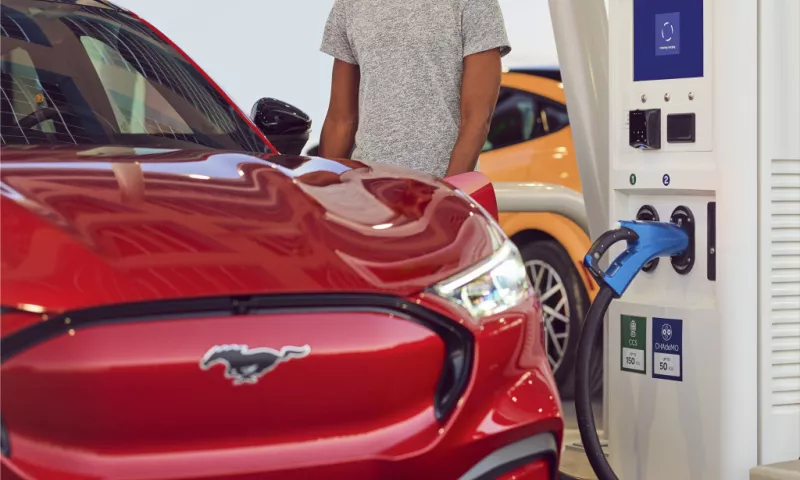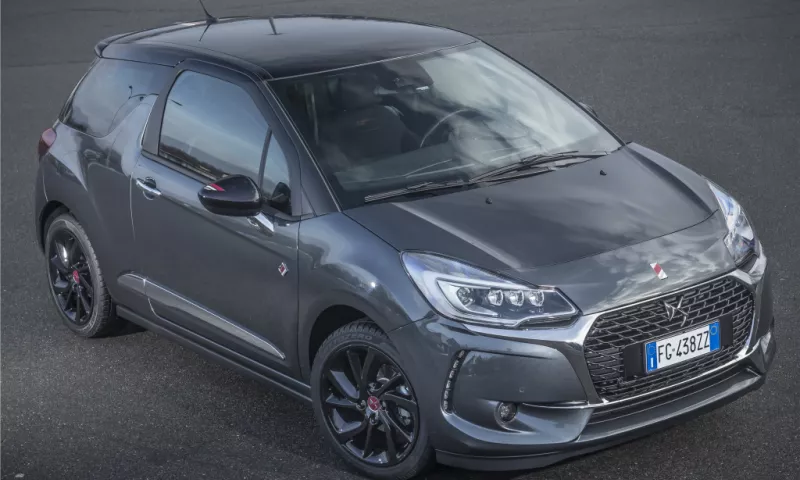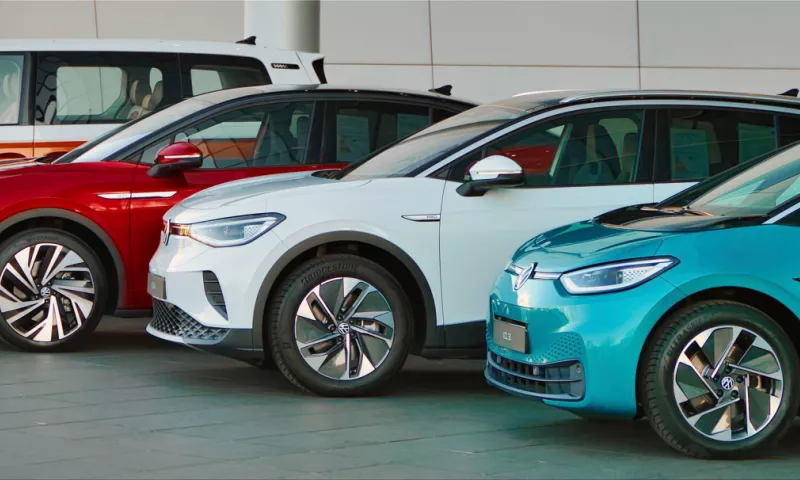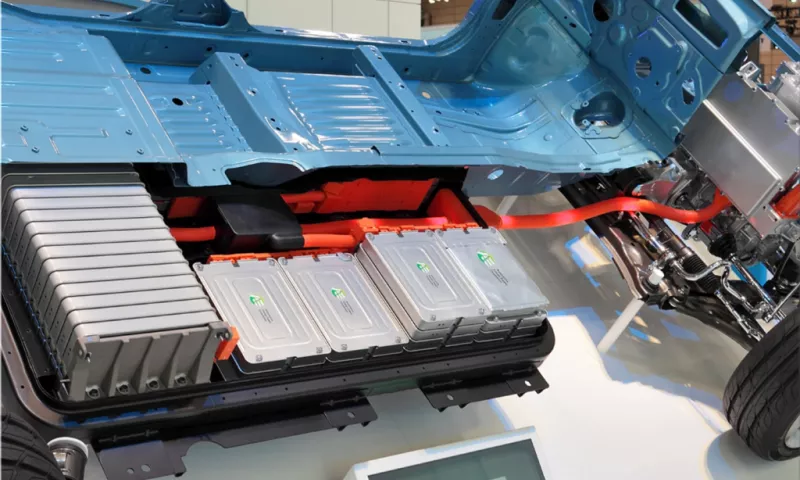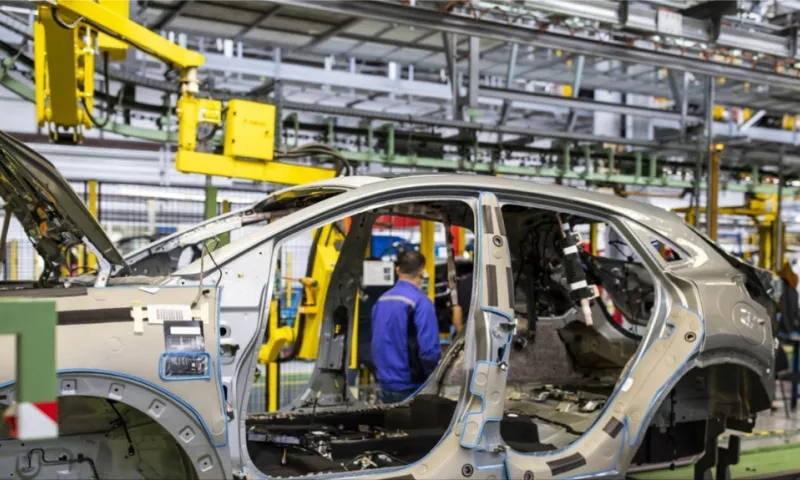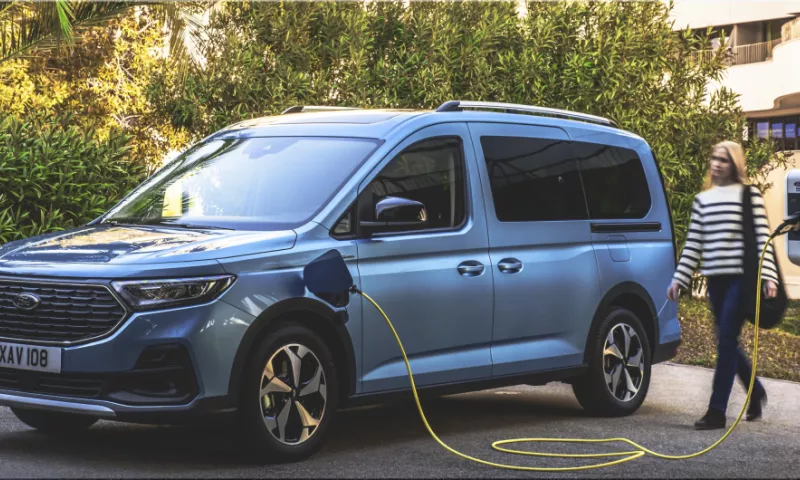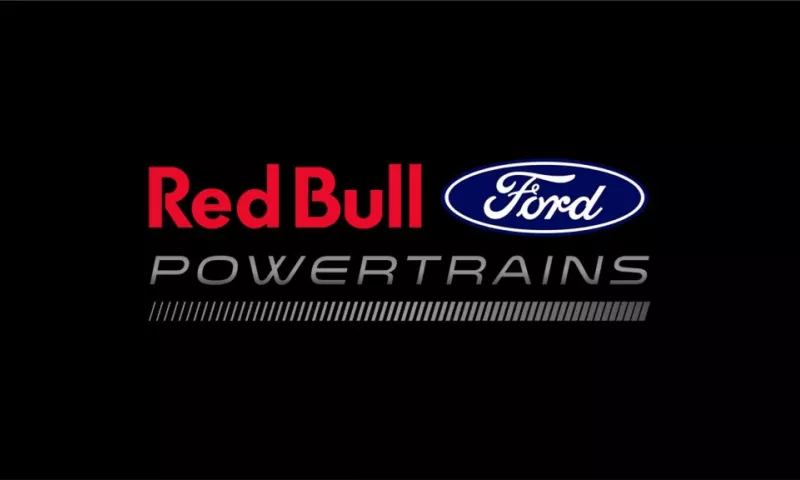California has passed a law that will ban the sale of new petrol-only vehicles by 2035 as part of its efforts to reduce greenhouse gas emissions and fight climate change. The law will also require all medium- and heavy-duty vehicles sold in the state to be zero-emission by 2045. California is the largest car market in the U.S. and the first state to pass such a law.
This is a big deal for the future of electric cars, not only in California but across the country and worldwide. Electric cars are better for the planet than gas-powered cars, as they produce no tailpipe emissions that contribute to local air pollution and global warming. They are also better for drivers' wallets, as they have lower maintenance and fuel costs than conventional cars.
Electric cars have been gaining popularity in recent years thanks to technological advances, government incentives, and consumer demand. According to the International Energy Agency, there were about 7.2 million electric cars on the road globally in 2019, up from 2 million in 2016. In the U.S., electric car sales reached a record high of 361,000 in 2018, accounting for about 2% of the total car market.
However, electric cars still need to overcome many challenges, such as high upfront costs, limited battery range, lack of charging infrastructure, and consumer awareness. The California law aims to address some of these barriers by creating a clear and ambitious target for the transition to electric mobility. It also sends a strong signal to automakers, policymakers, and consumers that electric cars are here to stay and will soon become the norm.
The benefits of electric cars are various. According to a study by MIT researchers, electric cars have lower lifetime costs and emissions than gas-powered cars, even when accounting for battery production and electricity generation. Electric cars also have fewer moving parts than conventional cars, requiring less maintenance and repairs. They can also be charged at home or public stations, saving drivers time and money.
Electric cars also have positive impacts on public health and the environment. By eliminating tailpipe emissions, electric cars can reduce air pollution and its associated health risks, such as asthma, lung cancer, and cardiovascular disease. According to a study by Harvard University researchers, switching from gas to electric vehicles could prevent 6,300 premature deaths per year in the U.S. by 2050. Electric cars can also help mitigate climate change by reducing greenhouse gas emissions from the transportation sector, which is the largest source of emissions in the U.S.
California's law is good for electric cars and other forms of zero-emission vehicles, such as hydrogen fuel cell vehicles. Hydrogen fuel cell vehicles use hydrogen gas as fuel and emit only water vapor as exhaust. They have similar advantages as electric cars in terms of environmental benefits and lower maintenance costs. They also have some advantages over electric cars in terms of longer driving range and faster refueling time.
However, hydrogen fuel cell vehicles are still more expensive and less available than electric cars. They also face challenges in terms of hydrogen production, storage, and distribution. Currently, most hydrogen is produced from natural gas, which generates carbon dioxide emissions. To make hydrogen truly green, it needs to be produced from renewable sources such as solar or wind power.
California's law is a bold and visionary step towards a cleaner and greener future for transportation. It will benefit Californians and inspire other states and countries to follow the issue. It will also accelerate the development and adoption of electric cars and other zero-emission vehicles, bringing multiple benefits to drivers, society, and the planet. Electric cars are not just a niche product anymore; they are becoming mainstream and essential for a sustainable future.
Some car brands have expressed their support for California's law, recognizing its benefits for the environment, the industry, and the consumers. Among them are BMW of North America, Ford, Honda, Volkswagen Group of America, and Volvo, which agreed to a voluntary framework with California in 2019 to meet the state's greenhouse gas requirements nationwide. These companies represent about 30% of the U.S. car market and have pledged to continue innovating and investing in electric vehicles.
Other car brands, such as General Motors, Fiat Chrysler, and Toyota, have not joined the agreement. They have sided with the Trump administration in challenging California's authority to set its own emission standards1. These companies may face a competitive disadvantage in the future, as California is a major market for cars and significantly influences other states and countries. They may also lose out on consumer preferences as more people seek cleaner and cheaper alternatives to gas-powered cars.
California is leading the way in setting emission standards and providing incentives and programs to encourage the adoption of electric vehicles. The state offers rebates of up to $7,000 for buyers of electric cars, depending on their income level2. It also has a Clean Cars 4 All program that provides up to $9,500 to low-income drivers who scrap their older vehicles and want to purchase something that runs cleaner3. In addition, California has invested in expanding its charging infrastructure and promoting public awareness of electric vehicles.

